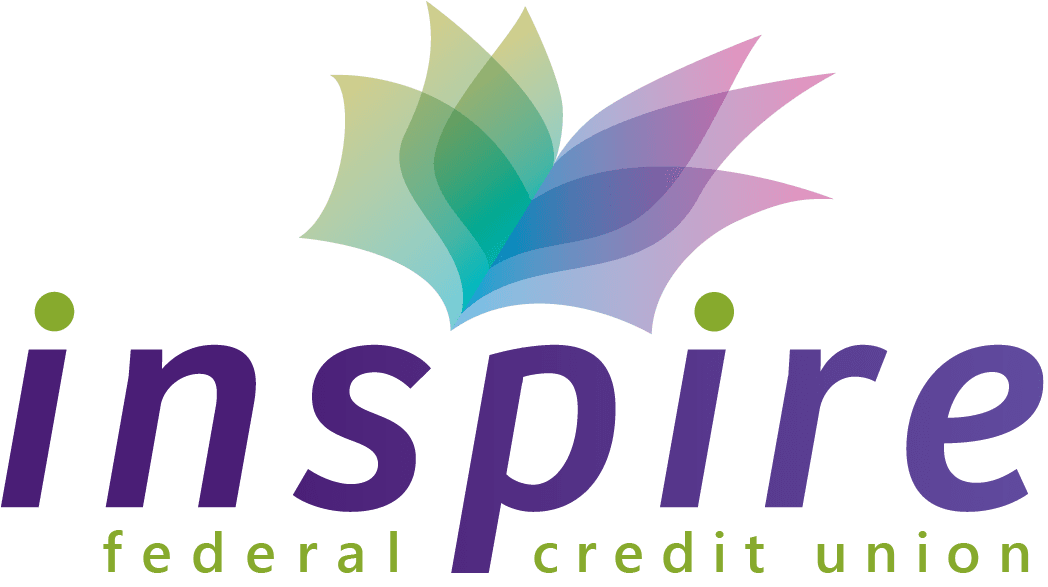Interviewing prospective team members is a critical stage in the hiring process. It’s an opportunity to assess prospective employees so that you can make informed decisions. We’ve compiled a list of best practices to help you holistically evaluate a candidate’s knowledge, skills, confidence, and attitude.
1. Taking Your Interview Off Campus:
Your office may seem like the perfect place to conduct an interview, but a new trend sees more and more successful interviews taking place off campus. This allows you to tap into several advantages, such as fostering a more relaxed and authentic atmosphere for both the interviewer and the candidate.
Here are a few more reasons it’s worth considering:
1. Taking Your Interview Off Campus:
Your office may seem like the perfect place to conduct an interview, but a new trend sees more and more successful interviews taking place off campus. This allows you to tap into several advantages, such as fostering a more relaxed and authentic atmosphere for both the interviewer and the candidate.
Here are a few more reasons it’s worth considering:
- Reducing Stress: An off-campus interview, such as in a coffee shop or a co-working space, alleviates the pressure associated with a formal office setting, allowing candidates to showcase their true selves more comfortably.
- Assessing Adaptability: Meeting candidates in a more casual environment allows you to see how they adapt to their surroundings. It also gives you a glimpse into their interpersonal skills as they interact with people in public.
- Cultural Fit Evaluation: A change in environment can reveal more about a candidate’s personality. How do they interact with a barista? Do they hold the door for others? By observing the candidate in a different setting, you can see how they will fit your organization’s culture.
2. Crafting the Right Questions:
The questions you ask during an interview are crucial to gleaning meaningful insights into a candidate’s capabilities.
Here are some key areas to focus on:
The questions you ask during an interview are crucial to gleaning meaningful insights into a candidate’s capabilities.
Here are some key areas to focus on:
- Knowledge and Skills: Tailor questions to assess a candidate’s knowledge and skills relevant to the position. This may involve presenting hypothetical scenarios or requesting practical problem-solving exercises.
- Confidence and Self-Awareness: Encourage candidates to reflect on their past experiences and achievements to gauge their confidence level and self-awareness. This will help identify their ability to handle challenges and grow professionally.
- Attitude and Teamwork: Assessing a candidate’s attitude and their ability to work effectively with others is crucial. Use questions that delve into their experiences of collaborating with teams, resolving conflicts, or managing difficult situations.
- Past and Future Behaviors: Behavioral-based questions allow interviewers to gain insights into a candidate’s past behavior and predict their future performance.
- Here are a few examples:
- “Describe a situation where you faced a significant challenge at work and how you overcame it.”
- “Tell me about a time when you had to work with a difficult team member and how you handled it.”
- “Share an example of a time when you took the initiative to improve a process or implement a new idea.”
- Here are a few examples:
3. Holistic Evaluation:
Remember to take everything that you are hearing and observing into consideration. Listen to their answers about their resume and experiences while also paying close attention to how they communicate with you and the world around them. Consider your current team makeup and how they would fit into the group. Are they bringing skills and experiences you already have, or would their addition to the team cause unhealthy tension?
Conducting an effective job interview requires careful planning and execution. By following these best practices, you can make well-informed hiring decisions. Remember, the interview is not only an opportunity for candidates to impress you with their answers and experiences.
Remember to take everything that you are hearing and observing into consideration. Listen to their answers about their resume and experiences while also paying close attention to how they communicate with you and the world around them. Consider your current team makeup and how they would fit into the group. Are they bringing skills and experiences you already have, or would their addition to the team cause unhealthy tension?
Conducting an effective job interview requires careful planning and execution. By following these best practices, you can make well-informed hiring decisions. Remember, the interview is not only an opportunity for candidates to impress you with their answers and experiences.







